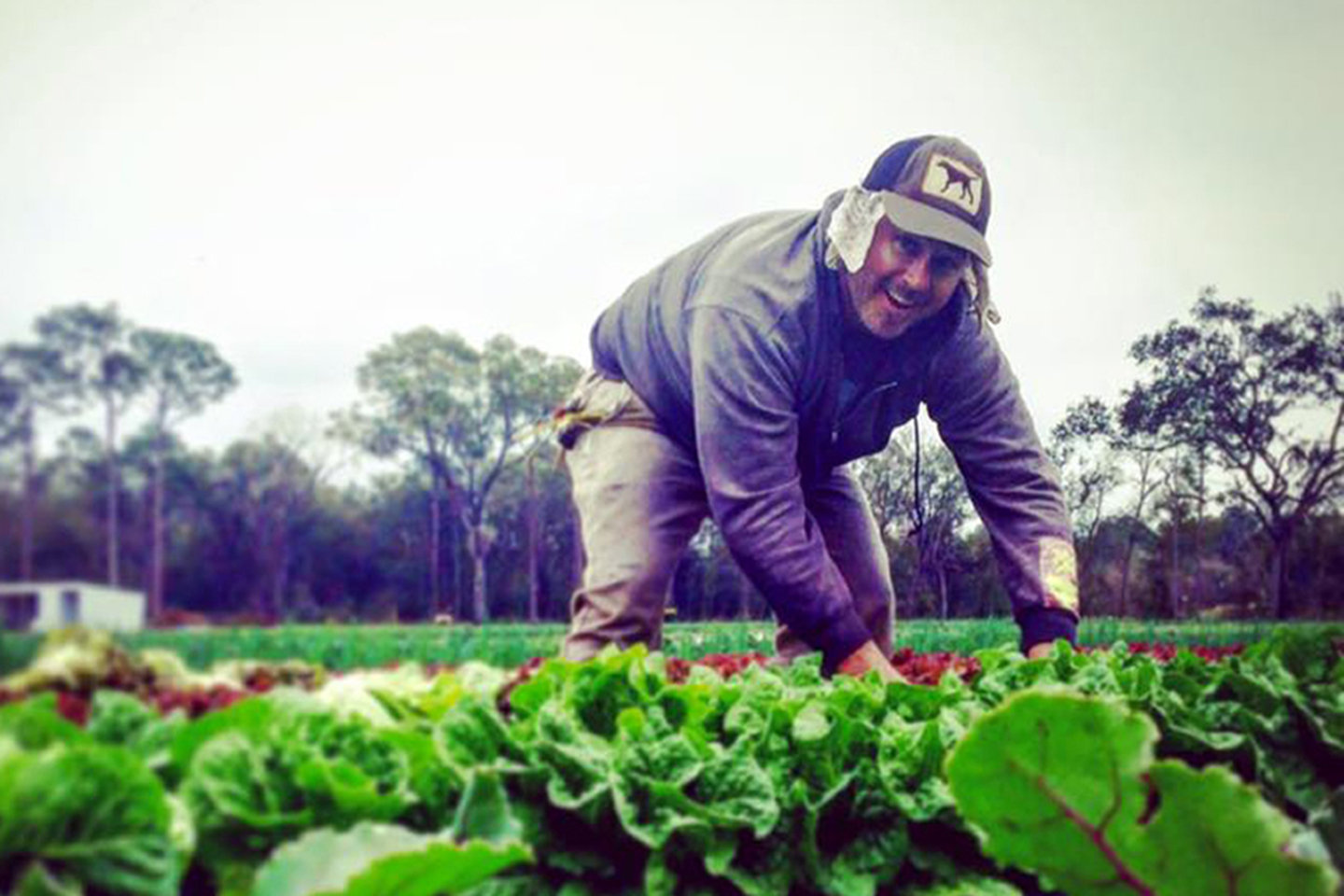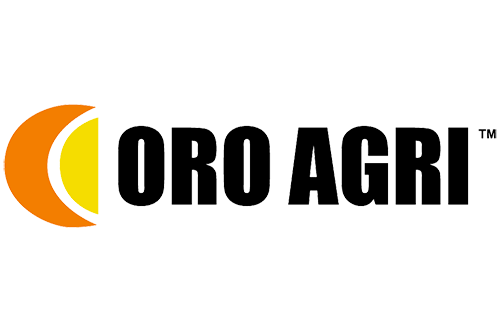Jordan Brown farmed for eight years on 25-acre farmland in Bell, Florida. His farm, The Family Garden, relocated in 2015 near Gainesville, Florida on 20-acres, where they are growing mixed vegetables, while maintaining their fruit production on the property in Bell. The Family Garden strives to improve the land with good environmental stewardship and to treat employees right–all while growing quality products at a reasonable price. “We try to have a good work environment and pay a wage people can live on,” Brown says. The Family Garden produce is available locally through a Community Supported Agriculture (CSA) program, local restaurants and farmers markets, as well as being sold wholesale throughout Florida. “As my workers and I learned together about the Agricultural Justice Project standards, I became even surer that I had made the right decision for my farm and the people who work alongside me and my family here,” he says. “We’re taking a big step together, being the first farm in the southeast to participate in this program. I’ve learned a lot from the process and am excited to see the program grow.”

Getting started
Some years ago I heard about Food Justice Certification and felt like it would be a good fit for our farm. That it would be a good way to let people know that our farm is trying to do things a little different than other farms in regards to labor.
Certification is the only way I know to prove that anything we’re doing labor-wise is different than any other farm. We’re trying to pay people a living wage, have a safe and respectful work environment and offer some minimal benefits that would be associated with most jobs but are not common in agriculture. We give people a few paid holidays off, give two hours a week of sick pay and provide all the produce they care to take from the farm. One of our long-term goals is to offer overtime pay.
On pricing
Pricing is the biggest obstacle to providing more benefits to workers, and the greatest obstacle is drumming up enough money to make payroll every week.
There is no retailer who is willing to pay more for produce with this certification. In the wholesale market, there’s no buyer who is willing to pay extra for produce that is grown without mistreating people. Any kind of benefit always comes down to money in produce. Whoever is doing it cheapest sets the market price.
The cost of living goes up every year, so the cost to farm every year gets more expensive. A lot of piece-work farms remain stagnant. Back in the ’80s, workers got paid $1.25 a flat to pick strawberries. Now they get between $1-1.30.
Growing food justice
The Agricultural Justice Project’s Food Justice Certification program will help grow awareness of the labor practices and unfair working conditions in the agriculture sector across America. Ultimately, more farms getting this certification will bring more money back to the farm and the farmer. Real change is needed in the farm-labor sector and will happen in one of two ways: wholesalers taking smaller margins or higher prices at the retail counter that reflect the actual cost of food grown with truly sustainable practices that are good for the people and the planet.
People generally don’t care about any type of injustice until they are confronted with it. If more consumers understood the injustices that happen to farm laborers in America and how difficult of a job it is for such a little amount of money, perhaps the Food Justice label would help open peoples eyes. People are often willing to pay a little more when they understand that it will benefit someone else tremendously. People are paying $10-14 for a pound of coffee because it helps get money back to that small farmer in Latin America, but they may not want to pay an extra dollar for lettuce here.
On growth
The growth of our farm is closely tied to Food Justice Certification; it helped me get more organized — requiring me to start running payroll, get workers comp, file taxes and keep better records. We do have to meet a lot of guidelines. At the same time, that organizational component has greatly benefited the farm. There are lots of larger farms that keep records the way we do, but they wouldn’t meet the FJC standards because of their on-farm practices.
On success
The only way for farms our size to stay in business is to move to retail sales. Having this certification sets us apart from all the other farms. In the local food scene, this is something that nobody really talks about. Every farmer says they pay their employees well, but that’s not always the case. I was exposed to agricultural injustice from farmers that I know around here. Abuse can be anywhere on any size farm. Success for us comes from the folks who come to our stand or sign-up for our CSA because they know we’re a fair farm and want to support good work.





















